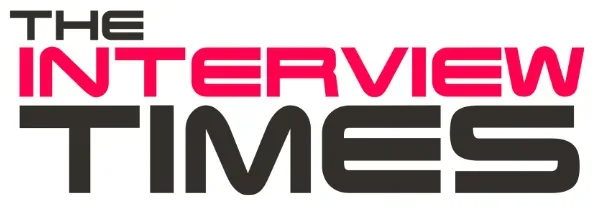A U.S. federal judge has ruled that Google illegally monopolized key parts of the digital advertising market, setting the stage for a possible breakup of its powerful ad tech business. The landmark decision, delivered by Judge Leonie Brinkema on April 17, 2025, follows a lawsuit brought by the Department of Justice and 17 states, accusing Google of abusing its dominance to stifle competition and harm publishers, advertisers, and consumers.
What the Court Ruled
Judge Brinkema found that Google violated the Sherman Antitrust Act by:
- Willfully acquiring and maintaining monopoly power in the publisher ad server market (mainly through DoubleClick for Publishers, or DFP) and the ad exchange market (AdX).
- Unlawfully tying its publisher ad server (DFP) and ad exchange (AdX) together, making it nearly impossible for competitors to thrive.
The court cited Google’s overwhelming market share—controlling about 91% of the publisher ad server market between 2018 and 2022—and its ability to maintain a 20% fee on ad transactions, double that of competitors. Practices like “First Look” and “Last Look” gave Google unfair advantages, letting its exchange see and outbid rivals, further entrenching its dominance.
“Google has deliberately participated in a series of anti-competitive actions to obtain and sustain power in publisher ad and ad markets for open-web display advertising,” Judge Brinkema wrote.
What Happens Next: Possible Google Ad Manager Divestiture
The ruling opens the door for the Department of Justice to seek strong remedies, including forcing Google to divest its Google Ad Manager business, which encompasses both DFP and AdX. This would be a seismic shift for the digital ad ecosystem, as Google’s ad tech arm accounts for roughly 12% of Alphabet’s overall business and is a key profit engine fueling its investments in AI and cloud computing.
Other remedies under consideration could include:
- Behavioral restrictions to prevent Google from favoring its own ad exchange in auctions.
- Requirements to share certain data with competitors to level the playing field.
Google’s Response and Appeal
Google has announced it will appeal the decision, arguing that publishers have many choices and select Google’s tools for their simplicity and effectiveness. The company also pointed out that it won part of the case, as the judge did not find it monopolized the advertiser ad network market.
Broader Impact
This decision is the latest in a series of antitrust setbacks for Google, following a 2024 ruling that found it abused its dominance in online search. The outcome of the remedies phase in this ad tech case could reshape how online ads are bought and sold, potentially boosting competition and altering how publishers and advertisers interact with the digital ad market.
Stay tuned to The Interview Times for updates as the court determines the penalties and the future of Google’s ad empire.
